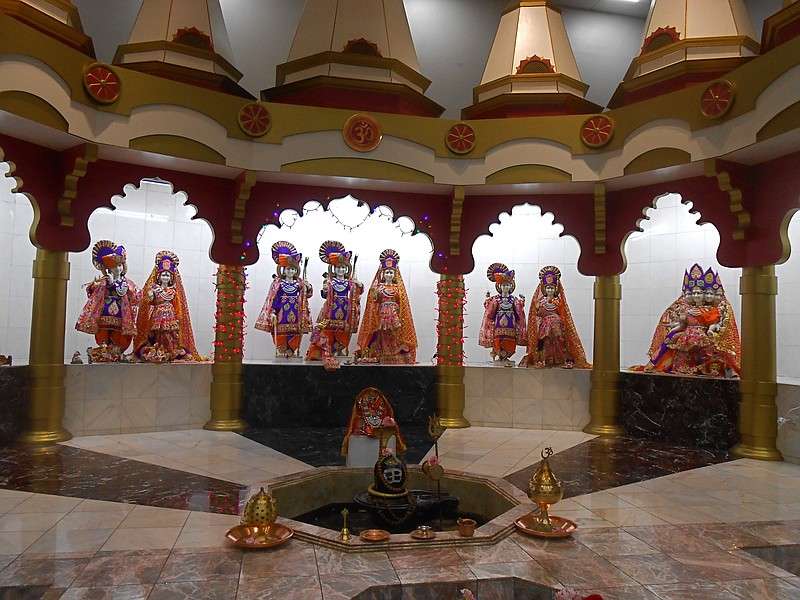United by faith
The Interfaith Panel of Chattanooga’s next event is April 4 at 7 p.m. at Christ United Methodist Church, 8645 E. Brainerd Road. Neal will serve as moderator.Panelists are:Islam: Nur SisworahardjoHinduism: Sush ShanthaAtheism: Tad BeatyJudaism: Michael DzikChristianity: Steve Bovell
When the the Jewish Cultural Center hosted the first Interfaith Panel of Chattanooga nearly two years ago, the July 16 shootings had not yet shocked the city with the news that five local military officers had been shot and killed by a man influenced by foreign Islamic extremist terrorist propaganda.
The rise in intolerance and bigotry that coincided with the recent presidential election had yet to fully rear its head. A former TVA employee and Signal Mountain resident had not yet pleaded guilty to plotting a deadly attack on a Muslim community in New York.
Yet, like in much of the world, something was already bubbling under the surface when the Jewish Cultural Center first brought together panelists from different faiths to help others understand their religion and typical day-to-day.
"For the fence-sitters, genial, warm interaction helps people to realize that all people - though they may see life differently - all pretty much have the same hearts," says Charles Neal, minister emeritus at Christ United Methodist Church. He, along with Michael Dzik, executive director of the Jewish Federation of Greater Chattanooga, organized the Interfaith Panel.
The first panel event drew around 60 people. Following the July 16, 2015, shootings, attendance jumped to 100. And as word has gotten out, subsequent events have drawn anywhere from 75 to 125 people.
"We want as many people to come as they can, because that's how you change the culture in a community," Neal says. "Contact is the way people grow in understanding, and especially in appreciation, of people of other faiths."
Free and open to all, every panel discussion includes a local Muslim, Christian, Jew, atheist and Hindu, with the speakers varying at different events. All are laypeople within their religions, giving attendees a sense of what it's really like for people of non-Christian faiths to live and worship in Chattanooga. After speaking about their experiences and challenges, panelists field questions from the audience, and then stick around to meet and have conversations with people they wouldn't normally encounter in their daily lives.
The panel's unofficial "steering committee" is composed of Neal, Dzik and Muslim and UTC professor Nur Sisworahardjo. Over the past two years, seven panels have been hosted at different religious venues throughout the city, including Christian churches, the Jewish Cultural Center, the Islamic Society of Greater Chattanooga, and Gujarati Sumaj of East Tennessee, aka GSET Hindu Temple. Panel discussions are typically held once a quarter, with most hosted by area Christian churches.
"The ultimate goal is to be in as many Christian venues as possible," says Neal, explaining that since Christianity is the predominant religion in Chattanooga, it is among people of the Christian faith that most of the growth and understanding will likely take place as a result of the panel discussions.
"We're building a bridge instead of building a wall," Sisworahardjo says. "I believe that people are good, but many people are misinformed or want to hear what they want to hear. This [panel] opens up the opportunity to get to know a real individual from a different background and eliminate misconceptions or misunderstandings."
